Abstract
Background: Understanding the knowledge, attitudes, and practices (KAP) regarding refractive errors and spectacle use is essential for promoting eye health and effective vision correction, especially in children.
Objective: This study assessed the demographic characteristics, knowledge, attitudes, and practices of participants concerning refractive errors and spectacle use, focusing on correlations influencing these factors.
Methods: A cross-sectional study of 228 participants analyzed demographic data, duration of glasses use, and responses to a structured questionnaire on KAP related to refractive errors and spectacles.
Results: Among participants, 53.1% were female, and 45.2% were aged 8–13 years. Glasses use for 1–3 years was reported by 46.1%. Most participants (91.2%) recognized the adverse effects of screen time on vision, and 83.3% valued regular eye check-ups. However, misconceptions existed, such as refractive errors being preventable by diet (43.0%). The overall knowledge was poor. Positive attitudes toward glasses were reported by 64.5%, although 81.6% sought alternatives. More than half (56.1%) rejected the notion that glasses cause bullying, and 51.8% disagreed that glasses negatively impact appearance. Adequate practices were observed in 52.6%, with 75.4% regularly visiting ophthalmologists and 81.6% recognizing the stabilizing effect of glasses on vision. However, 74.1% purchased glasses without a prescription. Knowledge positively correlated with attitudes (r = 0.179, p = 0.007) and practices (r = 0.215, p = 0.001). Participants using glasses for ≥3 years had significantly more positive attitudes (63.9%, p = 0.023) and adequate practices (77.0%, p < 0.001).
Conclusions: Despite moderate knowledge and practices, misconceptions about refractive errors persist, underscoring the need for educational interventions. Positive correlations between KAP suggest that enhancing knowledge can improve attitudes and practices, supporting effective spectacle use and better eye health management.
Recommended Citation
Aldoais, Tariek; Rageh, Zakarya; Al-Hemyari, Khaled; Altheeb, Saleh; Al-barrag, Abdulmogni; and Bamashmus, Mahfouth
(2025),
Assessing Knowledge, Attitudes, and Practices Regarding Refractive Errors and Spectacle Wear among Children in Sana’a: A Cross-Sectional Study,
AUIQ Complementary Biological System: Vol. 2:
Iss.
1, 100-109.
DOI: https://doi.org/10.70176/3007-973X.1027
Available at:
https://acbs.alayen.edu.iq/journal/vol2/iss1/8
Digital Object Identifier (DOI)
10.70176/3007-973X.1027


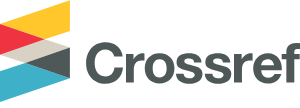
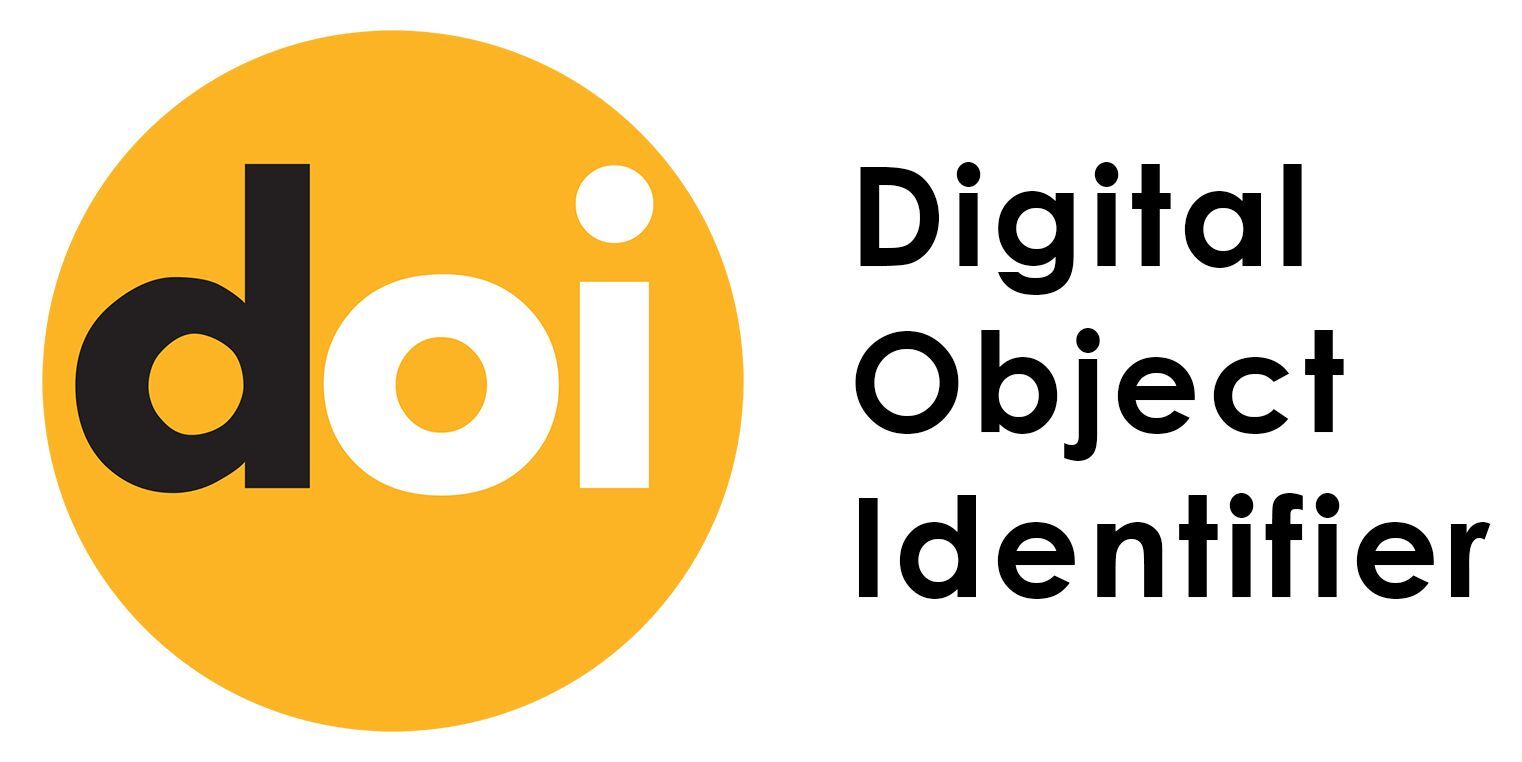


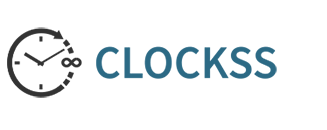



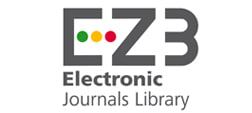

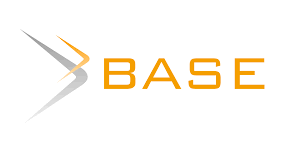




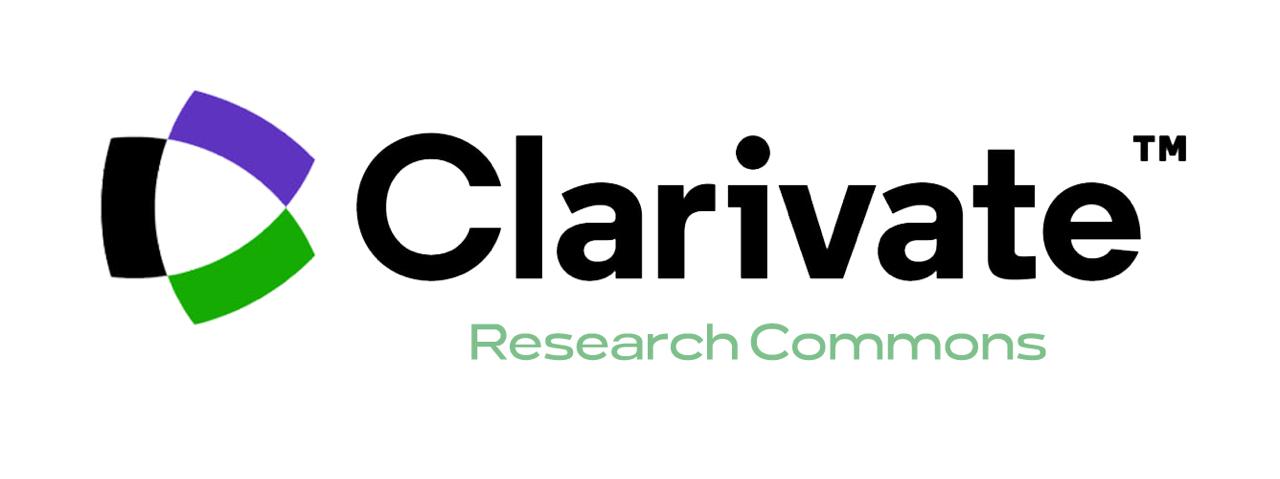


Follow us: